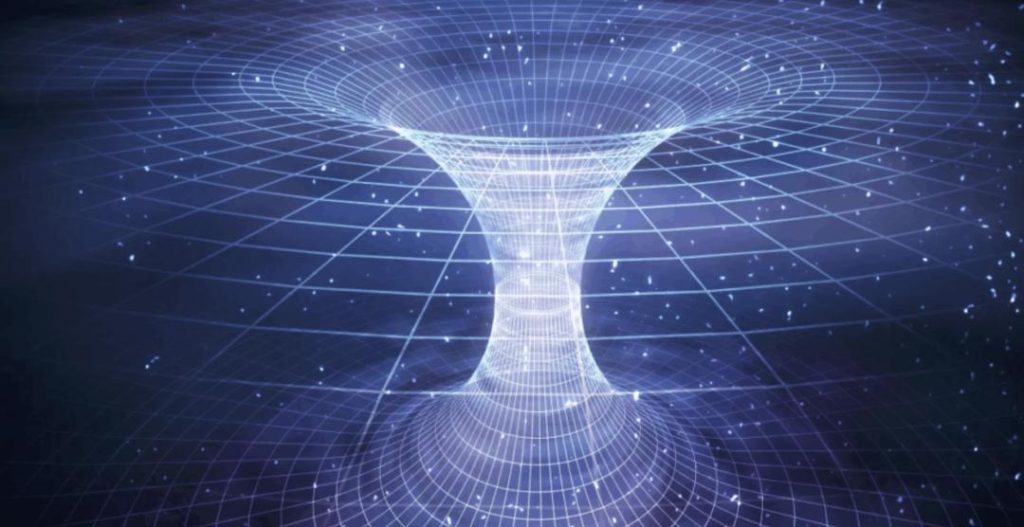
Quantum Immortality Theory Resurfaces After Viral TikTok Debate
In recent months, a fascinating debate has been making the rounds on social media, particularly on TikTok, revolving around the concept of quantum immortality. This idea, rooted in Hugh Everett’s many-worlds theory, suggests that consciousness survives death by shifting to alternate realities. The topic has gained significant traction, with many users sharing their thoughts and opinions on the matter. In this blog post, we’ll delve into the concept of quantum immortality, its roots, and the latest findings that may support its validity.
For those unfamiliar, quantum immortality is a theoretical concept that proposes that every time a person dies, their consciousness splits into multiple parallel universes, creating an infinite number of “you’s” living in alternate realities. This idea is based on Hugh Everett’s many-worlds theory, which suggests that every time a quantum event occurs, the universe splits into multiple branches, each with a different outcome.
The concept gained significant attention recently after TikTok user @joli.artist shared a video on the topic, sparking a debate among users. The video presented the idea in an engaging and accessible way, making it easy for viewers to understand the complex theoretical concept. The video’s success led to a surge in interest and discussion around quantum immortality, with many users sharing their thoughts and opinions on the matter.
One of the key findings that support the idea of quantum immortality is Frank Pollman’s research on strong interactions and quantum decay. In a recent study, Pollman discovered that “strong interactions can even stop decay entirely,” hinting at the possibility of endless cycles of rebirth at the quantum level. This finding has significant implications for our understanding of the nature of reality and the possibility of survival after death.
Pollman’s research is based on the idea that at the quantum level, particles can interact with each other in complex ways, leading to the possibility of “strong interactions” that can affect the decay of particles. In other words, the interactions between particles can influence the outcome of quantum events, potentially leading to the creation of alternate realities.
The idea of quantum immortality is not without its criticisms, however. Some scientists argue that the concept is based on flawed assumptions and lacks empirical evidence to support its validity. Others argue that the idea is more of a thought experiment than a scientific theory, and that it is not grounded in empirical evidence.
Despite these criticisms, the concept of quantum immortality continues to fascinate scientists and the general public alike. The idea that consciousness can survive death by shifting to alternate realities is a compelling one, and it raises important questions about the nature of reality and our place in the universe.
The debate surrounding quantum immortality is not limited to the scientific community, however. The idea has also sparked a broader conversation about the meaning of life and death, and the possibility of an afterlife.
For many people, the idea of quantum immortality offers a sense of comfort and reassurance. The possibility that our consciousness can survive death and continue to exist in some form is a comforting thought, and it raises important questions about the nature of our existence and the universe.
In conclusion, the concept of quantum immortality is a fascinating and thought-provoking idea that has sparked a significant debate in the scientific community and beyond. While the idea is still purely theoretical, recent findings and research offer a glimmer of hope that it may be more than just a thought experiment.
As we continue to explore the mysteries of quantum mechanics and the nature of reality, it is clear that the concept of quantum immortality will remain a topic of interest and debate. Whether or not it is ultimately proven to be true, the idea offers a compelling and thought-provoking perspective on the nature of our existence and the universe, and it is sure to continue to fascinate scientists and the general public alike.






